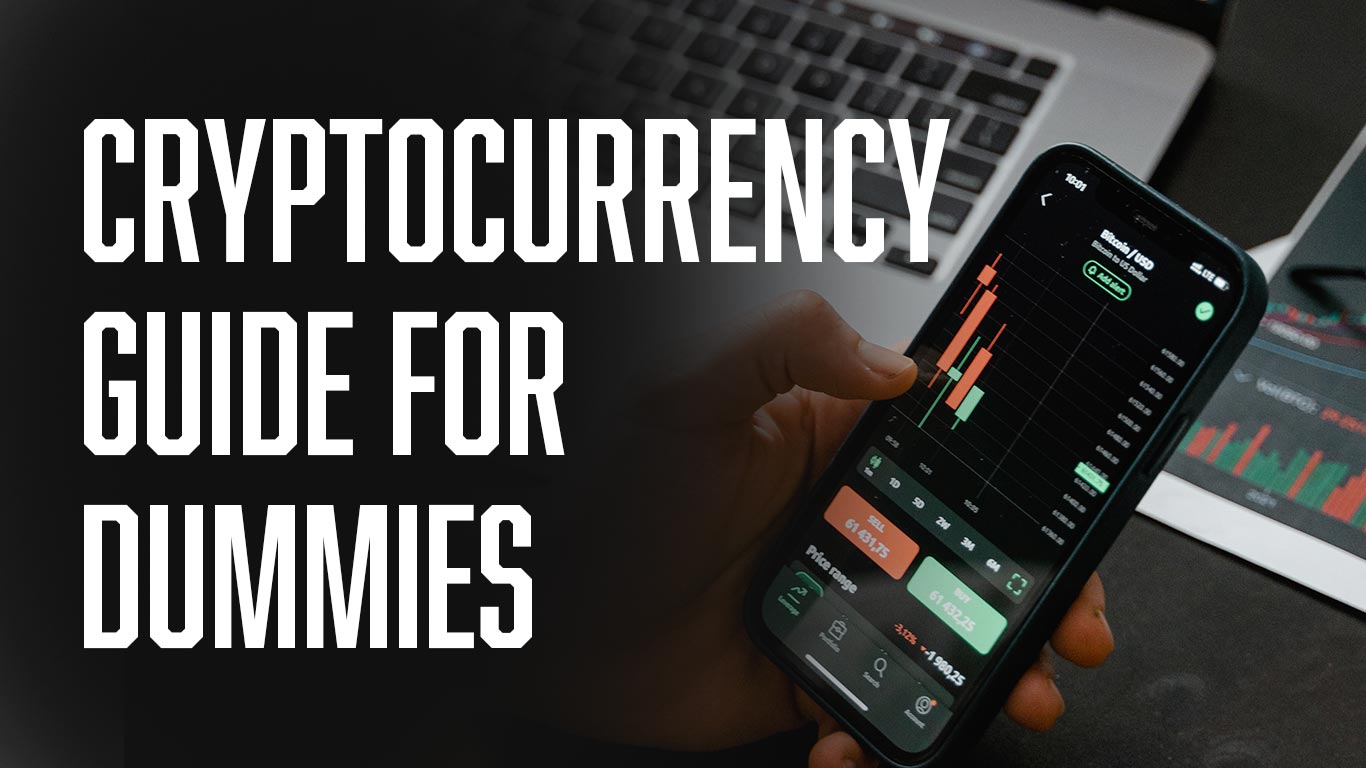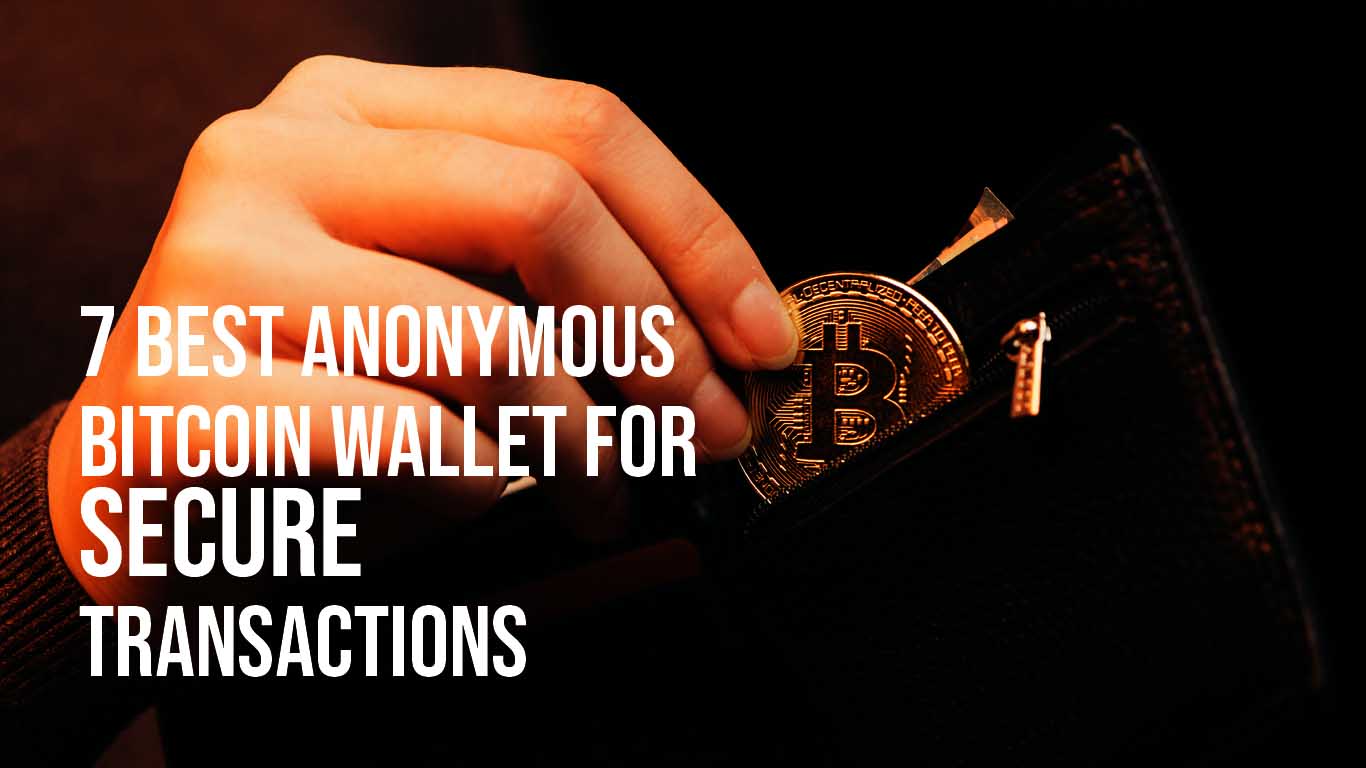In the dynamic world of cryptocurrency, instant crypto exchanges offer a gateway to digital assets with the promise of quick transactions and accessibility. As more individuals seek to participate in the crypto economy, understanding how to navigate these exchanges becomes crucial. From grasping the market’s inherent volatility to ensuring the security of your investments, this article will serve as a comprehensive guide to help you make informed decisions in the fast-paced realm of instant crypto exchanges.
Key Takeaways
- Familiarize yourself with the crypto market’s volatility and the 24/7 nature of trading to make timely and informed decisions.
- Evaluate instant crypto exchanges based on user-friendliness, security measures, fees, supported assets, and trading volumes to find the best fit for your needs.
- Prioritize the security of your crypto assets by understanding the importance of crypto insurance, customer service, and the exchange’s reputation.
- Diversify your crypto investment strategies to mitigate risks, including exploring cryptocurrency IRAs and metaverse investments.
- Manage your cryptocurrency effectively by creating a secure wallet, safely storing your assets, and utilizing charts for informed trading.
Understanding the Cryptocurrency Market Landscape


The Volatility of Crypto Markets
The cryptocurrency market is characterized by its high volatility, with prices capable of making dramatic swings in a very short time frame. This volatility can result in significant gains or losses, making it a double-edged sword for investors.
Volatility in the crypto market is not just about price fluctuations; it’s a reflection of the market’s nascent state and the evolving nature of blockchain technology.
Understanding the factors that contribute to market volatility is crucial for any investor. Here are some key points to consider:
- The impact of news and social media on market sentiment.
- The influence of large holders, known as ‘whales’, on price movements.
- Regulatory changes and their unforeseen effects on the market.
While the potential for high returns is attractive, it’s important to approach the crypto market with a well-thought-out strategy and a clear understanding of the risks involved.
Major Cryptocurrencies and Market Indicators
As we delve into the major cryptocurrencies, it’s essential to recognize the leaders that dominate the market. Bitcoin, often considered the original cryptocurrency, continues to hold a significant position as a market indicator. Following closely are Ethereum, Ripple (XRP), and a host of others that make up the top ten crypto assets of 2024.
Market indicators are crucial for investors to gauge the health and trends of the cryptocurrency market. These include market capitalization, trading volume, and price changes. Understanding these indicators can provide insights into market sentiment and potential investment opportunities.
- Market Capitalization: The total value of a cryptocurrency in the market.
- Trading Volume: The amount of the cryptocurrency that has been traded in the last 24 hours.
- Price Changes: The percentage change in the price of the cryptocurrency over a specified time frame.
In the ever-evolving landscape of digital assets, staying informed about market indicators is not just beneficial, it’s imperative for making strategic investment decisions.
The 24/7 Nature of Cryptocurrency Trading
The cryptocurrency market is unique in its round-the-clock operation, distinguishing it from traditional financial markets that have set trading hours. This 24/7 nature of cryptocurrency trading means that the market never sleeps, and neither do the opportunities or risks. For investors and traders, this can be both a blessing and a curse. On one hand, you can respond to market movements at any hour, potentially capitalizing on fluctuations that occur outside of normal business hours. On the other hand, the constant availability can lead to the temptation of overtrading and the need for continuous vigilance.
The ability to trade at any time, day or night, requires a disciplined approach to manage effectively. It’s essential to set clear rules for when to trade and when to step back, to avoid burnout and ensure that decisions are driven by strategy rather than impulse.
To navigate this ceaseless market, consider the following points:
- Establish a trading schedule that aligns with your lifestyle and stick to it.
- Utilize tools and services, such as automated trading bots, to keep a presence in the market even when you’re not actively monitoring it.
- Stay informed about market trends and news, but also ensure you take breaks to avoid decision fatigue.
- Embrace risk management techniques to protect your investments from the market’s inherent volatility.
Selecting the Right Instant Crypto Exchange


Evaluating User-Friendliness and Interface
When venturing into the world of cryptocurrency trading, the ease of use of an exchange’s interface can be a deciding factor for many users. A platform that aligns with your technical comfort level not only enhances your trading experience but also can be a critical factor in your investment journey.
- Discovering cryptocurrency exchanges with intuitive interfaces is invaluable, especially for newcomers who may feel overwhelmed by the complexities of crypto trading.
- Accessibility is another key aspect, referring to how easily you can access your funds and execute transactions. While wallets offer constant access, they may require technical steps, whereas exchanges often simplify the process but might experience downtime.
A user-friendly platform is designed to cater to both beginners and experienced traders, providing simplicity without compromising on efficiency. It’s essential to look for exchanges that prioritize user experience, ensuring a seamless trading experience.
Remember, a user-centric design that facilitates easy navigation and use of the platform can significantly impact your trading effectiveness. Evaluate the interface carefully, considering factors such as layout clarity, feature accessibility, and overall responsiveness.
Assessing Security Measures and History
When choosing an instant crypto exchange, security should be your top priority. Exchanges with a strong focus on security features are essential in protecting your digital assets. Look for platforms that offer two-factor authentication, multi-signature capabilities, and a clear history of handling security breaches effectively.
- Evaluate the exchange’s security protocols, such as DDoS defense and traffic cleaning measures.
- Check for the use of cold storage to safeguard funds offline.
- Investigate any past security incidents and the exchange’s response.
- Consider the legal and regulatory environment of the exchange, as it can impact security levels.
Security is not just about the technical measures in place; it’s also about the exchange’s commitment to protecting user assets through comprehensive risk control systems and behavioral monitoring.
Selecting a secure cryptocurrency exchange is crucial for safeguarding investments. Consider security features, private key management, trading style, and exchange reputation to protect assets.
Comparing Fees, Supported Assets, and Trading Volumes
When venturing into the world of instant crypto exchanges, it’s crucial to compare the fees, supported assets, and trading volumes of various platforms. This comparison will not only affect your potential profits but also determine the flexibility and scope of your trading activities.
Fees can vary widely between exchanges, and they can take the form of trading fees, withdrawal and deposit fees, or even fees for additional features. It’s important to understand the full cost structure to avoid any surprises.
Here’s a brief overview of what to consider:
- Supported Coins and Payment Methods: Verify that the exchange caters to the cryptocurrencies you’re interested in and offers payment methods that suit your needs.
- Fee Comparison: Look into the trading fees for the lowest volume of trade, as well as any other associated costs.
- Liquidity and Trading Volumes: High liquidity is essential for executing trades quickly and at your desired price. Check the exchange’s trading volumes to gauge its liquidity.
Remember to Choose a crypto exchange based on your skill level: beginners may prefer simple layouts, while experts might look for advanced tools and features. Always weigh fees, security, and user experience in your decision.
The Importance of Security in Crypto Exchanges
Understanding Crypto Insurance
In the dynamic world of cryptocurrency, securing digital assets is paramount. Crypto insurance emerges as a critical safeguard, protecting investors against potential losses due to hacks or theft. While no platform can guarantee absolute security, the presence of insurance funds is a reassuring sign of an exchange’s commitment to its users’ assets.
Crypto exchanges prioritize security with robust measures like 2FA and insurance funds. Regulatory compliance and past incidents are significant factors that influence the level of trust in an exchange. As the industry evolves, so do the practices aimed at enhancing the safety of investors’ holdings.
It’s essential to understand the specifics of an exchange’s insurance policy, including what is covered and the limits of coverage. This knowledge can be a deciding factor when choosing a platform for trading.
The Role of Customer Service in Security
The presence of robust customer service in crypto exchanges is not just a convenience—it’s a critical component of the platform’s security framework. Reliable customer support can be the difference between a minor hiccup and a major crisis for users facing issues. Quick and effective support can mitigate risks associated with account security breaches, transaction errors, and other urgent concerns.
Customer service in crypto exchanges should be evaluated on several fronts:
- Availability: Support should be accessible around the clock, reflecting the non-stop nature of the crypto markets.
- Responsiveness: The speed at which support teams respond can greatly influence the resolution of security issues.
- Expertise: Representatives should have a thorough understanding of both the platform and the broader crypto landscape.
- Communication: Clear and direct communication channels are essential for timely and effective assistance.
The integration of customer service into the security protocol of an exchange underscores its commitment to user safety and trust. A well-equipped customer support team not only addresses technical issues but also contributes to the overall security posture of the exchange by preventing and responding to potential threats promptly.
Reputation and Trustworthiness of Exchanges
When selecting a cryptocurrency exchange, the reputation and trustworthiness of the platform are critical factors to consider. A well-regarded exchange not only provides peace of mind but also indicates a history of reliable and secure service. Users should look for platforms with positive feedback and a track record free from major security breaches.
The reputation of an exchange is a reflection of its commitment to user security and overall service quality. It’s essential to research and understand the experiences of other users before committing to a platform.
To assess an exchange’s reputation, consider the following points:
- Read customer reviews and testimonials.
- Investigate any past incidents, especially security breaches.
- Check for regulatory compliance and adherence to industry standards.
- Evaluate the responsiveness and effectiveness of customer support.
Remember, a reputable exchange often has a history of consistent performance and a robust security framework to protect its users’ assets.
Diversifying Your Crypto Investment Strategies


Investing in Crypto Without Directly Buying Coins
Investing in cryptocurrencies doesn’t always require direct purchase of the coins themselves. Diversification is a fundamental strategy, where exposure to the crypto market can be achieved through various financial instruments. For instance, crypto funds and ETFs allow investors to buy shares that represent underlying digital assets, providing a way to invest without dealing with the complexities of direct ownership.
- Dollar-cost averaging is another approach, where you invest a fixed amount regularly, mitigating the risk of market timing.
- Consider using multiple crypto trading platforms for access to a wider range of coins and features.
- Research is paramount; understanding the technology and potential risks behind your investments is crucial.
By spreading your investments and not relying solely on the purchase of coins, you can navigate the crypto market with a more balanced and informed approach.
Exploring Cryptocurrency IRAs
Cryptocurrency Individual Retirement Accounts (IRAs) offer a unique way to plan for retirement by incorporating digital assets into your long-term investment strategy. Investing in a crypto IRA allows for potential growth through the appreciation of cryptocurrencies while providing the same tax advantages as traditional IRAs.
When considering a crypto IRA, it’s essential to understand the different types available and the specific rules that apply. For instance, some IRAs may allow for direct ownership of the cryptocurrency, while others use crypto-related financial products.
It’s crucial to perform due diligence and seek professional advice before committing to a cryptocurrency IRA, as the markets can be extremely volatile.
Here are some factors to consider when exploring cryptocurrency IRAs:
- The types of cryptocurrencies available for investment
- The security measures in place to protect your assets
- The fees associated with account setup, maintenance, and transactions
- The reputation and track record of the IRA provider
With the growing interest in digital assets, Bitcoin IRAs have exploded in popularity. It’s important to review and compare the offerings of different providers to find the best fit for your retirement goals.
Utilizing Bitcoin Options and Metaverse Investments
Bitcoin options offer a strategic way for investors to hedge their positions or speculate on price movements without the need to own the underlying asset. Choosing a call or put option depends on your market outlook and trading strategy. For instance, a call option might be suitable if you anticipate a price increase, while a put option could be appropriate if you expect a decline.
In addition to Bitcoin options, the Metaverse presents a new frontier for crypto investments. Projects within this space are often built on blockchain technology, offering unique opportunities for growth. It’s crucial to conduct thorough research to identify projects with strong fundamentals and compelling use cases.
Diversifying your portfolio with a mix of established cryptocurrencies and emerging tokens can help mitigate risks and maximize potential returns in the volatile crypto market.
Here’s a quick guide to getting started with Bitcoin options:
- Understand the basics of options trading.
- Choose a reputable exchange that offers options trading.
- Decide on a trading strategy and whether to go for a call or put option.
- Manage your investment by keeping track of market indicators and adjusting your strategy as needed.
Managing Your Cryptocurrency Effectively


Creating and Securing a Crypto Wallet
A crypto wallet is more than just a place to store digital currencies; it’s the cornerstone of your cryptocurrency experience. Choosing the right wallet is crucial for the security and accessibility of your assets. There are two main types of wallets: hardware (cold storage) and software (hot storage). Each has its advantages and considerations.
- Hardware Wallets offer enhanced security by storing your private keys offline. They are less susceptible to online hacking attempts but require a physical device.
- Software Wallets are more convenient for frequent transactions and are accessible through various devices, including smartphones and computers. However, they are more vulnerable to cyber threats.
When setting up any crypto wallet, always use strong, unique passwords and enable two-factor authentication (2FA) to add an extra layer of security. Regularly updating your wallet’s software ensures you have the latest security features.
Remember, the responsibility of securing your crypto assets lies with you. Make backups of your wallet’s seed phrase and store it in multiple secure locations. Losing access to your wallet can mean losing your cryptocurrencies permanently.
Storing Cryptocurrency Safely
When it comes to safeguarding your digital assets, understanding the distinction between different types of storage is crucial. Cold wallets, such as hardware wallets, are often recommended for their enhanced security. These devices are not connected to the internet, significantly reducing the risk of online attacks and unauthorized access.
For those actively trading or needing regular access to their funds, hot wallets provide convenience but at the cost of higher risk. It’s essential to use reputable wallets and exchanges that prioritize security. Here’s a simple breakdown of wallet types and their best use cases:
- Cold Wallets: Best for long-term storage of cryptocurrencies.
- Hot Wallets: Ideal for frequent transactions and trading.
- Custodial Wallets: Exchanges or services hold your crypto, offering ease of use but less control.
Diversifying your storage methods can enhance security. Consider separating your funds, using cold storage for the bulk of your assets, and only a minimal amount in hot or custodial wallets for daily use.
Analyzing Charts and Making Informed Trades
Successful trading in the cryptocurrency market hinges on the ability to analyze charts and execute informed trades. Technical analysis is a cornerstone of this process, utilizing a variety of indicators to gauge market sentiment and forecast potential price movements.
- Technical Analysis: Traders often rely on tools like moving averages, RSI (Relative Strength Index), and Fibonacci retracements.
- Risk Management: Implementing stop-loss orders to limit potential losses and take-profit orders to lock in gains is essential.
- Stay Informed: Keeping abreast of market updates and trends is crucial for timely decision-making.
In the realm of crypto trading, the adage ‘knowledge is power’ holds particularly true. The more adept you are at reading and interpreting market signals, the better positioned you’ll be to make profitable trades.
Conclusion
Navigating the world of instant crypto exchanges can be a daunting task, but with the right knowledge and tools, it becomes a manageable and even empowering experience. Throughout this article, we’ve explored the essential aspects of crypto exchanges, from understanding market volatility and security measures to evaluating fees, customer service, and the range of supported assets. Whether you’re a seasoned investor or new to the crypto scene, the key takeaway is to conduct thorough research, prioritize ease of use, and never compromise on security. As the crypto landscape continues to evolve, staying informed and adaptable will be crucial to your success in this dynamic market. Remember, the best exchange is the one that aligns with your individual needs and helps you navigate the crypto waters with confidence.
Frequently Asked Questions
What is Crypto Insurance?
Crypto insurance is a protection mechanism for cryptocurrency assets against theft, hacking, or other types of losses. It’s designed to provide peace of mind to investors by securing their investments on exchanges or in wallets.
How can I invest in crypto without directly buying coins?
Investors can participate in the cryptocurrency market without buying coins directly through methods such as cryptocurrency funds, blockchain stocks, or investment in companies with crypto exposure.
What are Cryptocurrency IRAs and their advantages and disadvantages?
Cryptocurrency IRAs are investment accounts that allow for the inclusion of digital currencies as part of retirement savings. Advantages include potential high returns and diversification. Disadvantages involve high volatility and regulatory uncertainty.
How do I create a crypto wallet?
Creating a crypto wallet involves selecting a wallet type (hardware, software, or paper), downloading the necessary software if applicable, setting up security features like a strong password, and safely storing backup recovery phrases.
How should I store my cryptocurrency safely?
To store cryptocurrency safely, use secure wallets such as hardware wallets for large amounts or cold storage options. Always keep backup recovery phrases in a secure location and enable two-factor authentication when available.
What charts should crypto investors use?
Crypto investors use various charts like line charts, candlestick charts, and depth charts to analyze market trends and make informed trading decisions. Understanding chart patterns and technical indicators is crucial for effective analysis.






